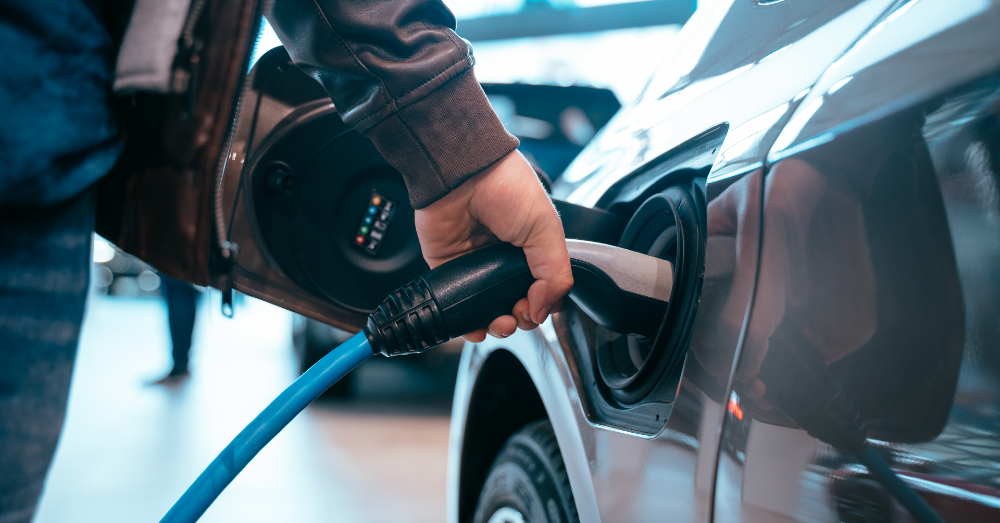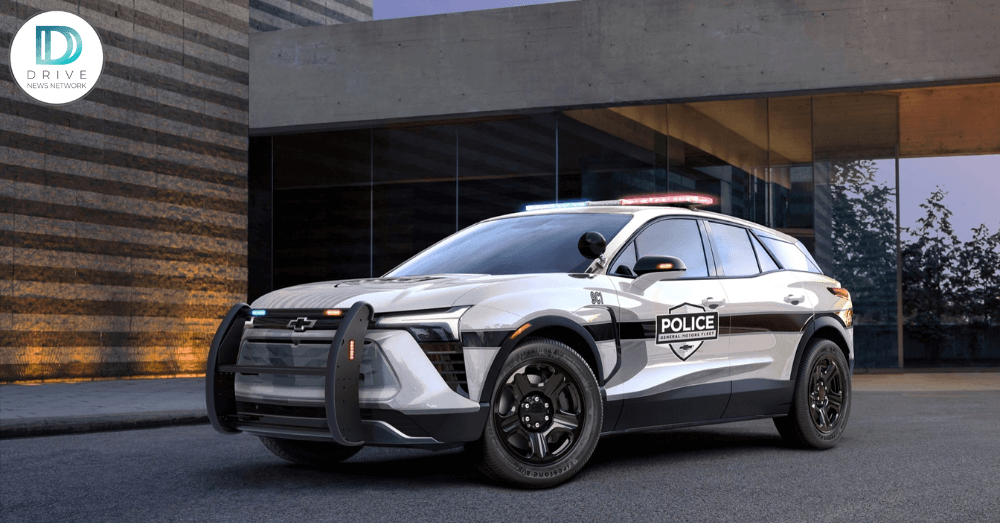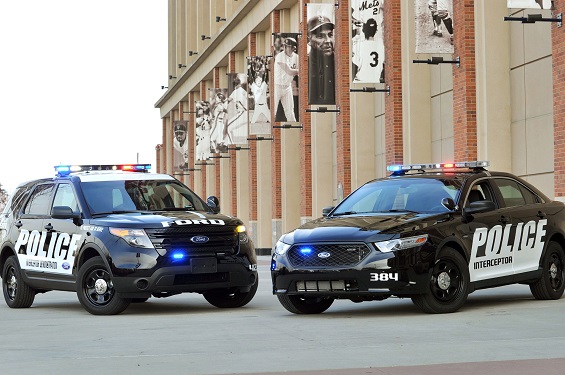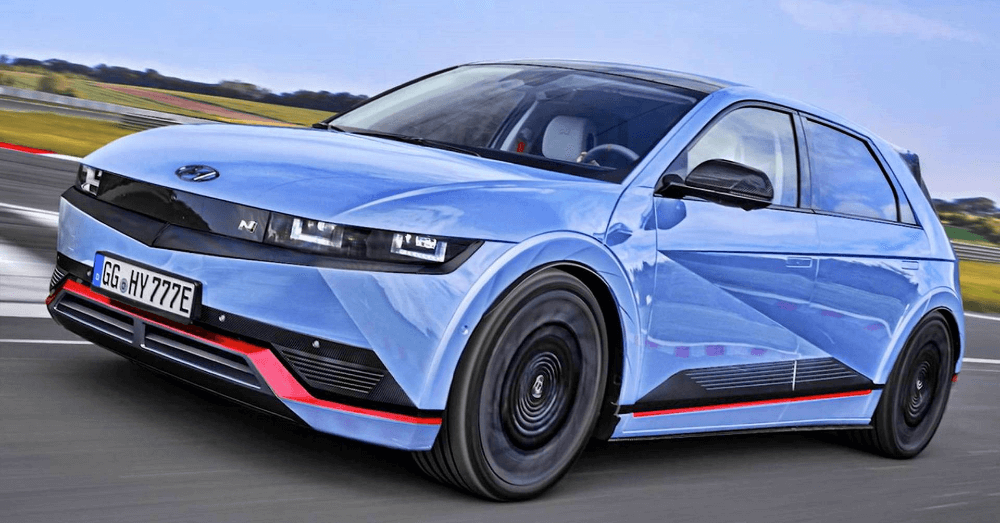
Do Electric Vehicles Make Good Used Cars?
The automotive market is shifting toward EVs, and the used cars market isn’t far behind. As new electric vehicles hit the road, more used cars follow.
However, purchasing a used EV presents a unique set of considerations. Here’s what you need to know about the dynamics of buying a pre-owned electric vehicle and the factors you should consider.
Is It Too Soon for Used EVs?
The early stages of EV technology are exciting yet uncertain. Manufacturers of modern vehicles like Tesla, Ford, and GMC have made significant strides in innovation. Earlier models, however, may experience growing pains. Independent garages often lack the expertise to service EVs, posing a challenge for maintenance and repairs. Moreover, acquiring parts for these vehicles can be a waiting game, sometimes leaving brand-new EVs idling in workshops for extended periods, awaiting the parts they need to get back on the road.
How Used EVs Fare Financially
EVs currently on the road are relatively new by car age standards, leading to an interesting depreciation pattern. Owners selling their used EVs expect a higher return due to the vehicle’s novelty, which contrasts with traditional used cars that typically sell for less than half the cost of a new one. For example, The Chevy Bolt has been around since 2017, which is still young for a car. These used cars have resale prices that rival the cost of a new, more budget-friendly EV.
Repair and Maintenance
The experience of owning a used EV like a Rivian R1T can vary widely. Some owners report a largely trouble-free experience, with the exception of occasional part replacements. The emerging market for scrapped EVs has created a cannibalization approach to repairs, which can help the challenge of sourcing new parts. As the market matures, the ease of repair and maintenance is likely to improve, boosting the appeal of used EVs.
The Case for Certified Pre-Owned
Warranties can significantly influence the decision to buy a used EV. In regions like California, used EVs, such as a 2020 Chevrolet Bolt, come with extensive warranties that cover critical components like the battery, offering a safety net to buyers. Other markets could benefit from similar incentives, potentially with government subsidies for used EVs, which would bolster consumer confidence in purchasing used cars.
The Road Ahead for Used EVs
Buying a used EV requires a forward-thinking approach. While early tech adoption has its risks, there are also substantial rewards, such as lower running costs and environmental benefits. As the infrastructure for EVs improves and the market for pre-owned electric vehicles matures (or generally goes back to normal), the scales may tip in favor of buying used. Until then, thorough research, an understanding of warranty coverage, and a cautious approach are necessary to make the most of their efforts when exploring used cars.
This post may contain affiliate links. Meaning a commission is given should you decide to make a purchase through these links, at no cost to you. All products shown are researched and tested to give an accurate review for you.



